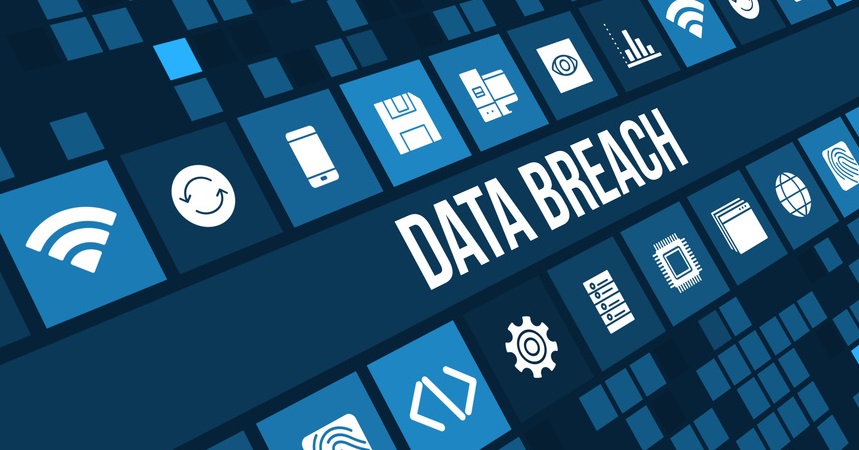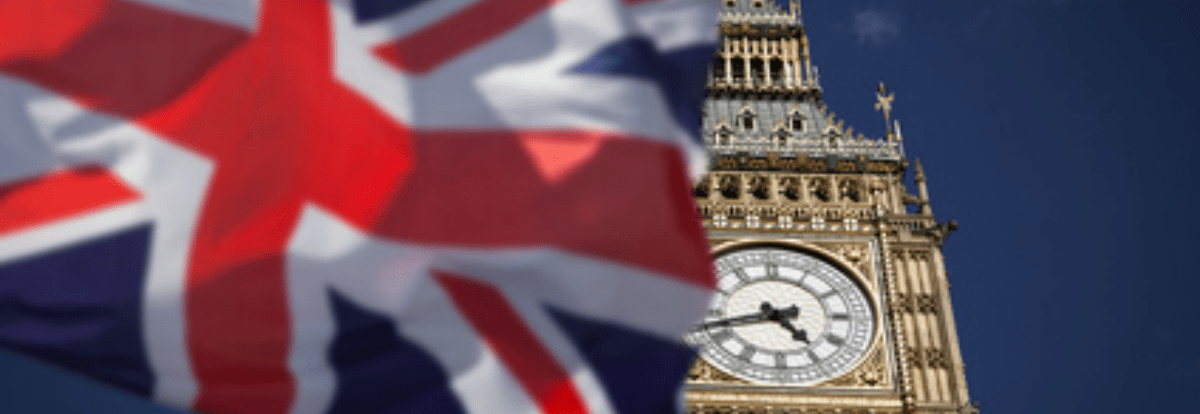Tag: data breach

NHS Digital data breach three-year anniversary
In July, it was three years since the NHS Digital data breach was first reported. This was a wide-reaching data protection incident in which tens of thousands of people had their personal information misused. NHS Digital was found to have caused personal data misuse after a system error denied patients the ability to choose how their information was processed and used.
Every patient should be able to exercise control over the use of their confidential health information, so the NHS Digital data incident represents a significant breach of patients’ data protection rights. It is for this reason that many patients affected by the incident could be eligible to claim compensation, and we are working on behalf of victims on a No Win, No Fee basis.
We began to offer advice to potential claimants soon after the breach was reported, and we will continue to help as many victims as we can. However, given that three years have passed, claims may be different for anyone only just bringing one now, and further dates can prevent more victims from making a claim. As we often say, it is important that you seek advice as soon as possible if you were affected.

Typeform data breach claim group action update
Three years ago, survey company Typeform reported that it had been the victim of a hack, causing a breach of the information it stored for its customers. Becoming aware of the issue in late June, Typeform is understood to have found that a hacker had been able to steal from its backup of personal data. Those who were affected by data exposure due to the incident may be able to recover compensation as part of our Typeform data breach claim group action.
No one should be put in the position of having their data made vulnerable to unauthorised access and potential criminal misuse, so organisations must do everything in their power to safeguard the information that they hold. Where companies fail to protect personal data, this can constitute a breach of data protection law, and those affected can be eligible to make a compensation claim.
Anyone who was notified of their involvement in the Typeform incident can come to us for expert advice on their potential eligibility for a claim. We have been helping a number of others for a while now and claimants can be eligible for No Win, No Fee legal representation.

AX data breach- legal advice and compensation claims
If you are a customer of AX, you may have recently been contacted regarding the data breach that affected the company’s files. It is understood that the AX data breach occurred earlier this year in January, after an unauthorised third party managed to access private information held by the company.
AX, formerly known as Accident Exchange, provides vehicle hire services to those who have been involved in road traffic accidents. It may be that some of AX’s customers are involved in ongoing insurance or personal injury claims arising from their accidents, so it could be highly distressing for such victims to hear that information relating to these incidents might have been exposed.
Your personal information should never fall into the hands of an unauthorised third party but, unfortunately, some data controllers still fail to protect personal information from theft or loss. If you have been the victim of an incident like this, you may be eligible to start a compensation claim, so contact our team for advice if you think you have a case.

Ticketmaster data group action – still time to claim
Three years have passed since the Ticketmaster data breach, which affected the private information of a huge number of customers. An external hacker was able to compromise Ticketmaster’s wider systems, allowing them to steal personal details and payment data from customers making online bookings. The wide-reaching impact of this breach must be accounted for, which is why we are still pursuing our Ticketmaster data group action, aiming to help those affected by the incident to claim the compensation that they deserve.
All third-party organisations in possession of personal information must abide by the regulations set out in data protection law. Where they fail to do so, their actions (or inaction) could be regarded as a data protection breach, and those affected could then be entitled to claim compensation for any harm caused.
If you were adversely impacted by the Ticketmaster data breach, you can assert your rights using data protection law by making a compensation claim. We can offer free, no-obligation on your eligibility for a claim, and can get your claim underway swiftly if we think you could be entitled to compensation.

Recent British Airways data breach claim settlement – victims can still claim
It has recently been reported that one group of claimants in the British Airways group action have reached a settlement with the opposition. The action against the airline was initiated in response to their 2018 data breaches, in which hundreds of thousands of customers had their data subjected to unauthorised access. Although this initial British Airways data breach claim settlement has taken place, our claims against BA will continue until we win our clients the compensation that they deserve.
One law firm decided to negotiate a settlement of their claims, but due to an agreement of confidentiality, the number of the claims settled and the values of the compensation pay-outs have not been publicised. However, when compared with the 420,000 people affected by the data breach, we estimate that only a small subset of those affected have been awarded compensation so far.
We are continuing to pursue our legal action against BA, and we are confident that we will be able to succeed with the action and obtain damages for our clients. If you have yet to make a claim, make sure to start your legal case here now to avoid missing out.

Shurgard data breach claims
If you were affected by the Shurgard data breach of June 2018, you may still have a chance to claim compensation. We were alerted to the breach soon after it occurred and began representing people who had their information exposed.
The Shurgard data breach was caused by an internal employee error within the company, which led to the unintentional exposure of highly sensitive employee data. Those affected may have been made to feel insecure in their own workplace, a position that they should never have been put in.
In fact, all businesses and organisations who hold personal data have an obligation to protect it in compliance with data protection law. When a data controller neglects its responsibilities, they may be in breach of key data regulations, enabling the victims to make compensation claims. Those who were affected by Shurgard data breach can contact us to receive free and no-obligation advice on their eligibility to make a claim.

Steering Committee in group actions
As specialists in group actions, we are used to representing huge client cohorts to fight against common defendants. Many people may have a basic understanding of what a group action is, but most may not know exactly how the legal proceedings work in these lawsuits. A Steering Committee is normally one of the key elements needed to bring a group action to court.
We are always keen to demystify consumer claims for our clients, as we believe that understanding more about the process can help them to feel confident and reassured about their claim. Any claimants who join our group actions can be sure that we will keep them updated at every step of the process.

The easyJet cyberattack – victims can still claim compensation
The easyJet cyberattack was revealed to the public in May last year, when the airline admitted that as many as nine million customers had been affected by the hack. Labelled “highly sophisticated” by easyJet, many victims were made vulnerable to cybercrime and security risks as a result of the incident.
A year may have passed since news of the breach hit the headlines, but easyJet still needs to be held accountable. If you were affected by the cyberattack, you can still sign up to stand up for your rights and claim the compensation you deserve.
With over six years of experience in data breach claims, we have the expertise to guide and support you through the process. Moreover, as specialists in group actions, we know that there is strength in numbers. By standing up to easyJet in a collective action, we could recover huge compensation pay-outs for our claimants. You can contact us today to start your No Win, No Fee claim.

Group Action Lawsuit in the UK
A group action lawsuit in the UK usually involves collating multiple similar claims against a common Defendant(s) to fight for justice in one lawsuit.
When all claimants join the same group action, it can increase the efficiency of the legal battle and can also strengthen the force which lawyers can oppose the Defendant with.
At The Group Action Lawyers, we are pioneers of group action lawsuits in the UK, having represented thousands of claimants in dozens of group and multi-party claims. From huge actions against medical manufacturers, to our ground-breaking work in the emissions lawsuits against carmakers, our experience stretches far and wide. We are here to help anyone who thinks their consumer rights may have been violated, as we aim to hold both large corporations and local organisations to account for their abuse of power.

Watford Community Housing data breach- one year on
In late March 2020, a data breach at Watford Community Housing Trust caused the exposure of thousands of tenants’ personal information. The information, much of which was highly sensitive in nature, was mistakenly leaked in an email. This was an error which, though simple, has caused distress and security risks for many of the victims.
We believe that there continues to be little understanding of the repercussions that victims can suffer following a data breach. However, we are determined to change this disregard by supporting clients to achieve the justice they deserve. The GDPR can entitle victims to claim compensation for their involvement in a data breach and the damage caused, so we can help anyone affected by the Watford Community Housing data breach to assert this legal right.
You can contact us today or sign up for a call-back to find out if you may be eligible to claim compensation.